Science has been losing its mojo. Two generations ago, scientists were revered as truth tellers and bringers of progress. Today, science is often viewed as fallible, obscure and, in some cases, untrustworthy. Many factors are blamed for the falling star of science including failures in science education, religious superstition and broader social changes. Yet much of the problem rests with science itself.
“We have met the enemy and he is us” – Walt Kelly 1970

“It’s Not The Fault of Science”
Many excuses have been offered for why scientific credibility has been waning in the post-modern world. One common refrain is that science education is failing[i] – how could it possibility be that anyone would doubt the scientific validity of climate change, if they had been properly educated. Another common argument is that religious superstition and fundamentalism is being allowed to supplant scientific rationalism – it’s “God’s” fault[ii]. There is another camp, one that claims that science used to operate in a value-neutral zone, above the frenzy of policy and politics; Increasingly, science is front-and-center as we face global issues, consistently in the crosshairs of cultural disputes and social priorities[iii].
There may be some truth to all of these, but the patronizing tone with which they are offered demonstrates a failure to acknowledge that science itself is responsible for its own loss of credibility. Indeed, science has a profound effect on culture and in many ways has helped shape the anti-scientific attitude that many decry.
Modern Trends – Specialization and Complexity
When I was a child in the 50’s, science had an inviolable aura as the purveyor of truth. In the last several decades, science seems to have lost much of this reputation. Science is now routinely embroiled in controversy, scandal and outright fraud – and is often cast in a negative rather than a positive light. There are a couple of trends that have helped bring on this negative perspective. One is specialization – as the expanse of scientific knowledge has increased, the areas of expertise for any one scientist have become increasingly narrow. This makes science much less accessible to the non-expert, but is also undermines the process of peer review and consensus as each subfield of specialization has fewer qualified experts. In addition to the practical issues this creates, there is also the psychological one. From recent literature, we know that people will tend to lie and cheat more if they think they are not being watched and will not get caught. Now consider the allure of scientific fame and fortune, or even the continuation of grant funding — in the face of a weak system of oversight some will be tempted to take a few shortcuts or fill in some data. In a few cases, such as the study linking autism and childhood vaccination, an individual is able to perpetrate outright fraud.
A second related trend is complexity. A side effect of the great progress we have made in the past few decades, the science has become far more complex. As we confront the nature of complexity itself, the ability of science to provide definitive answers is called into question. If we are unable to predict the outcomes of simple cellular automata (e.g. John Conway’s The Game of Life), then what confidence do we really have in the ability of science to analyze and predict outcomes with any precision in complex systems such as the economy, the human brain or the earth’s climate? The flap of a butterfly’s wings has disrupted our confidence in the infallibility of science.
The trends towards specialization and complexity are inevitable in the progress of science. If scientists want to remain credible, then they will need to find ways to counteract the examples of bad science and to explain the limits and qualifications that apply to their work.
Losing the Science-Religion Debate
There is another trend in science that has resulted in what I would call self-inflicted wounds. Science has, it seems, been dragged by a few into a virulent religious debate, as some scientists have vilified religion and a belief in God in the name of science. These claims step well beyond the bounds of “science”, but, more significantly, they antagonize the vast majority of the world that does believe in God — most of who also believe in science. Paul Proese (in America’s Four Gods, 2010) noted “skepticism about the ultimate compatibility of religion and science comes overwhelmingly from the nonreligious community.” He also points out that 95% of American’s believe in God. Do the math – the science-religion debate is not good for science.
When Martin Rees, renowned British scientist, was awarded the Templeton prize, known for its work to bridge the gaps between science and religion, atheists attacked him as a sell-out for accepting the prize, and the Templeton Foundation was attacked for giving it to him. Mr. Rees is an atheist, albeit a humble one. In an April 6, 2011, interview in The Guardian, he said “if you’re teaching Muslim sixth formers in a school and you tell them they cannot have their God and Darwin, there is a risk they will choose God and be lost to science.“
The Black Hole of Metaphysical Speculations
In the last century, as science probed the limits of the cosmos, a number of significant findings were made that revolutionized the way we think about the world. In contrast to the certainty of Euclidean geometry and Newtonian mechanics, we were increasingly confronted with the new physics of relativity, quantum indeterminacy, and the dynamics of chaotic systems, as well as the mathematics of chaos, complexity and incompleteness. We have been struggling to make the transition.
The efforts of scientists and science writers to explain this transition have not always been helpful. We have been told that time is an illusion, and that the matter of classical physics is not real — it is composed of probabilistic, indeterminate stuff that seems to be both waves and particles. We have been told that black holes are real, and that most of our universe is composed of dark energy and dark matter – although we don’t know what that is. We are also told that the universe is random, that consciousness has to be a physical process in the brain, and that our universe is merely one among the many probabilistic trajectories of the ultimate reality of the multiverse.
These statements are not science – they are speculative metaphysics. But the messaging from “science” is clear – our phenomenological experience, the basis on which we actually live our lives, is discounted. It is not real. It is “epiphenomenal.” It is unimportant.
Conclusion – Rx Humility
Pride goes before destruction, and a haughty spirit before a fall. It is better to be of a lowly spirit with the poor than to divide the spoil with the proud. Proverbs Ch 16:18-19
If that is the diagnosis, what is the prescription? Humility.
Let’s be open about the challenges of specialization and complexity, and work to reform the academic publishing process and to increase transparency and openness. We have had many amazing successes in collaborative learning across the disciplines — the scientific enterprise itself is on solid ground, but needs to hold itself accountable.
Within the halls of science, scientists should be discouraged from insulting people who hold religious convictions, and the many scientists who are religious should continue to stand their ground. Science is losing the science-religion debate among the general public, and continuing the controversy is bad for the credibility of science.
Science needs to be honest with itself about what it does and does not know. Metaphysics should not be promoted as scientific theory. Like theological inquiry, these speculations are simply part of the timeless human struggle to understand the mysteries of the unknown.
Finally, and most importantly, science needs to find a place for human experience, aspirations and purpose, not simply as an object of study but as the lived reality – the reality that really matters to people.

Notes:
This article originally appeared in the Forum on the Integration of Science and Spirituality, April 17, 2017.
[i] https://www.scientificamerican.com/article/trust-me-im-a-scientist/ Scientific American: Daniel Willingham “Trust Me I’m a Scientist”
[ii] e.g. https://www.scientificamerican.com/article/much-ado-about-nothing/ Scientific American: Michael Shermer “Much do About Nothing”
[iii] http://issues.org/33-2/perspective-philosophers-corner-the-end-of-puzzle-solving/ ISSUES, Robert Frodeman, “The End of Puzzle Solving”
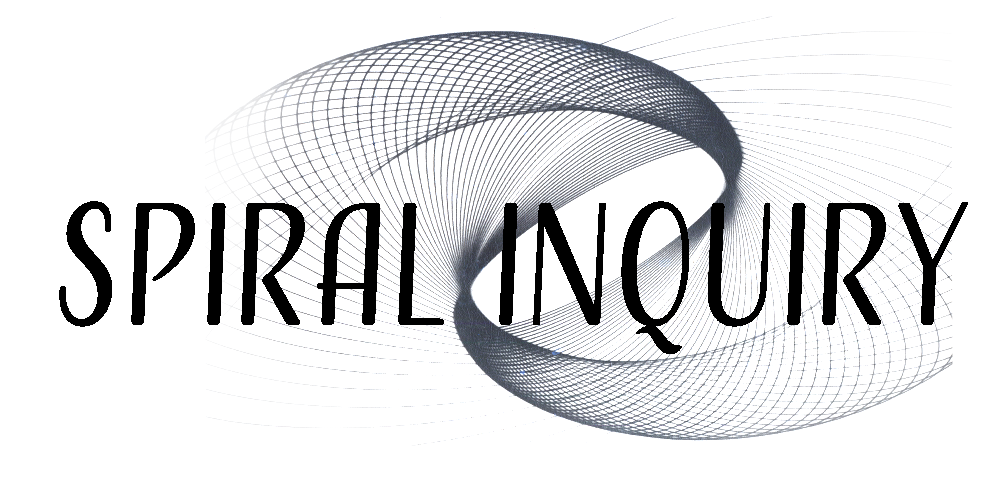
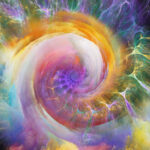
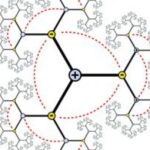
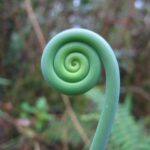


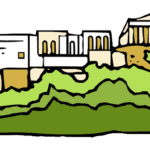
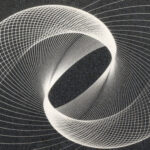
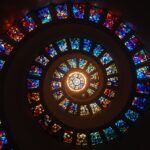


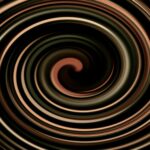

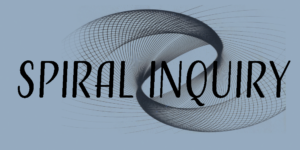
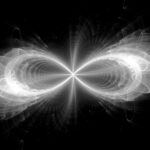

[…] also made the case previously that some of the decline in the credibility of science has been […]
[…] fraud, and the vitriol of the culture wars fomented by some scientists. (See: What is Wrong With Science) The decline in public confidence may also have been part of the general […]